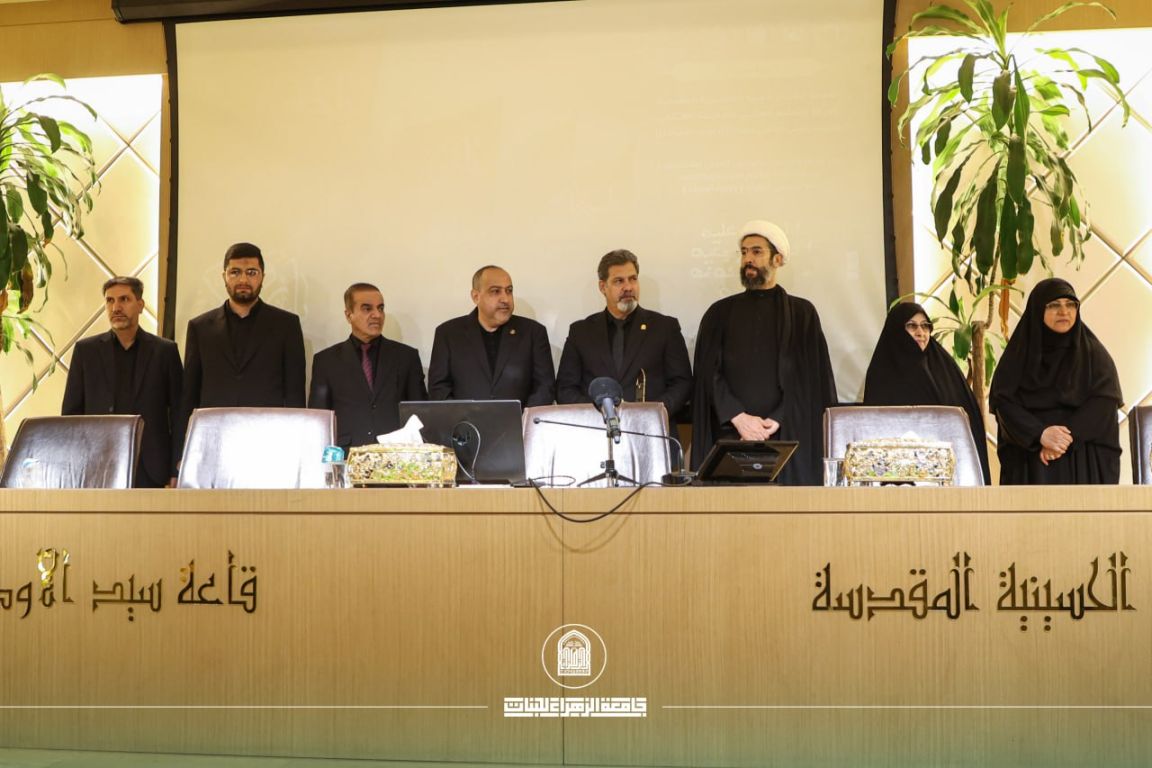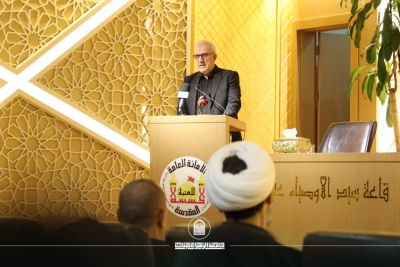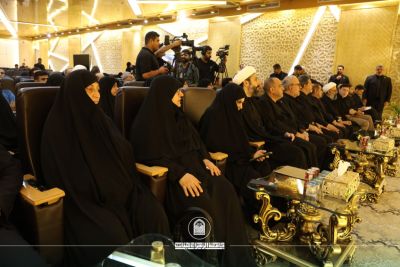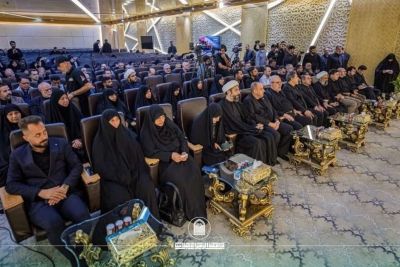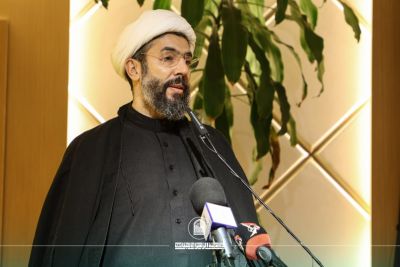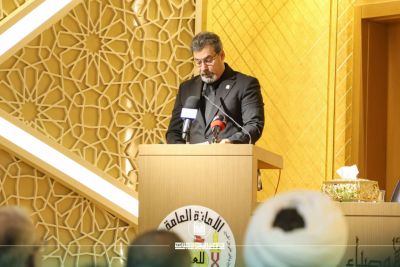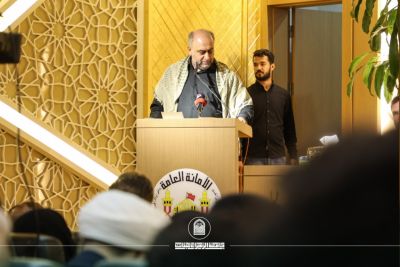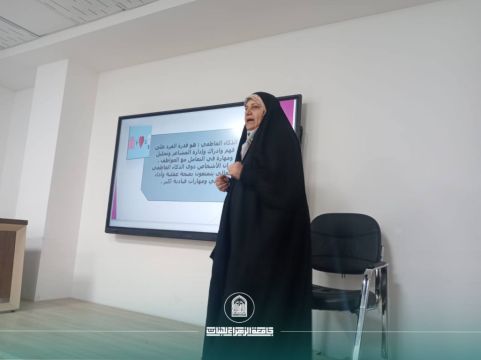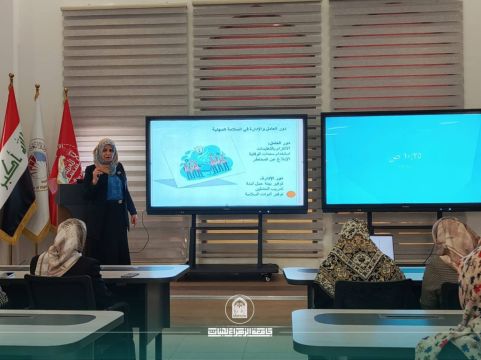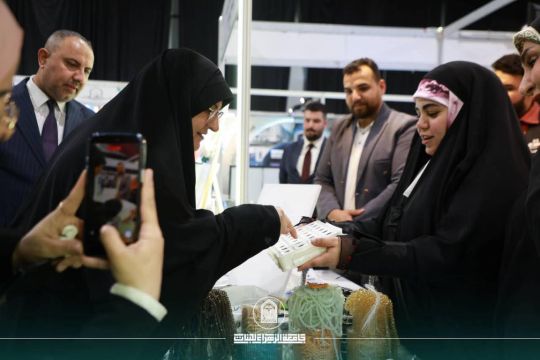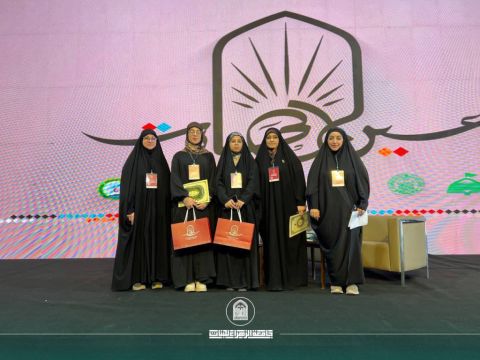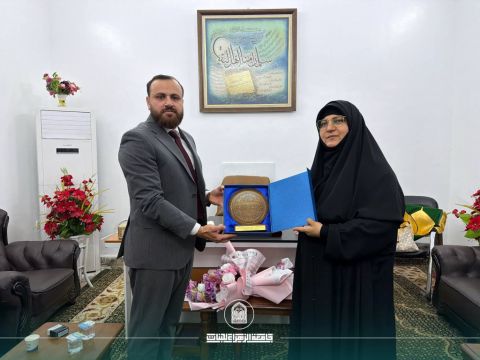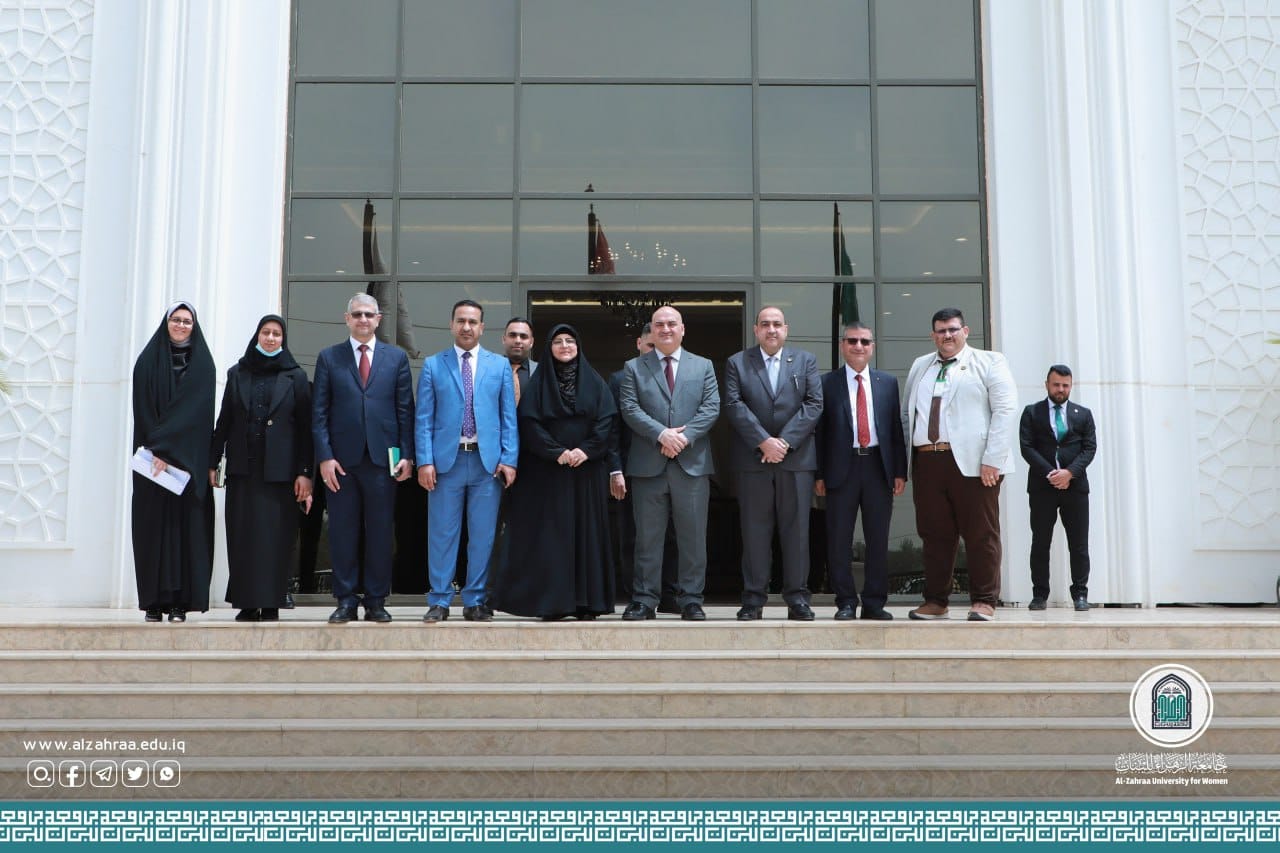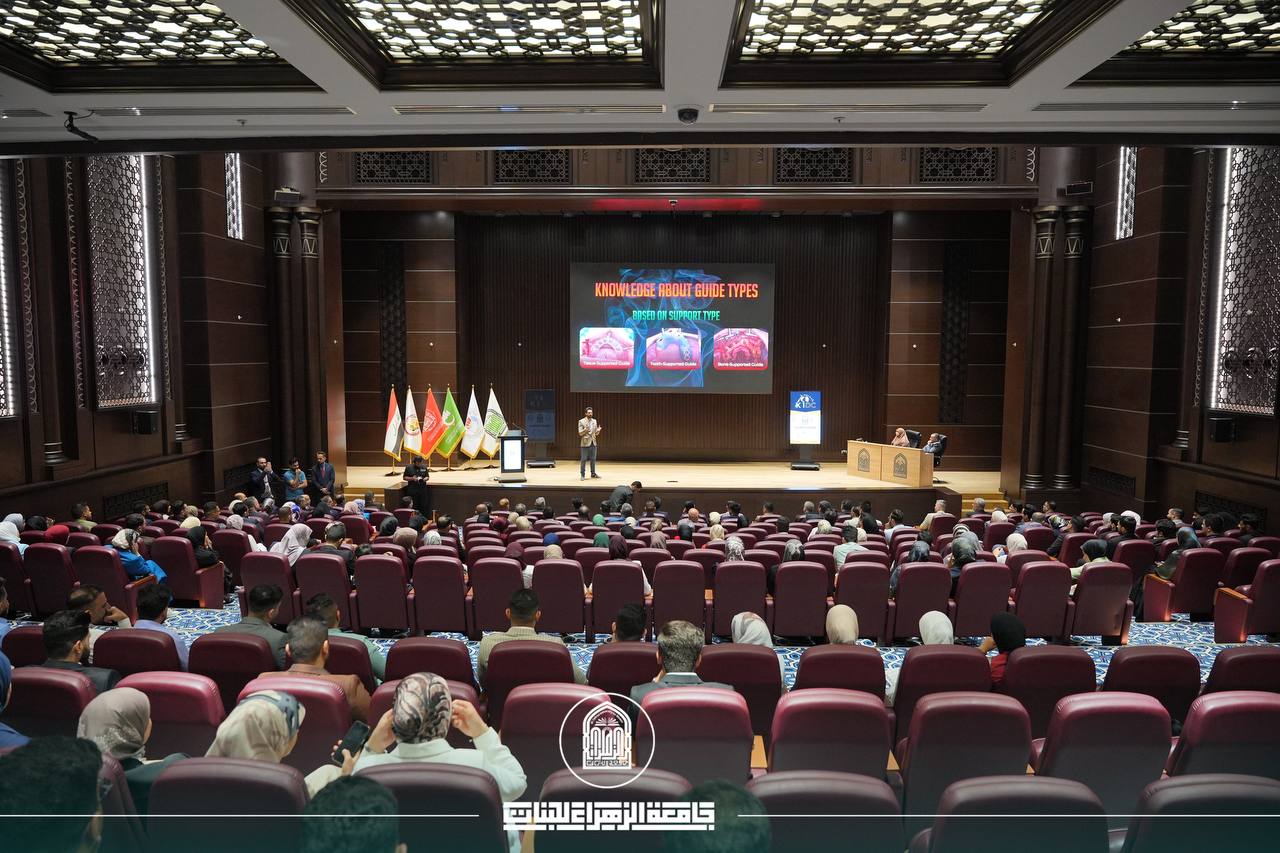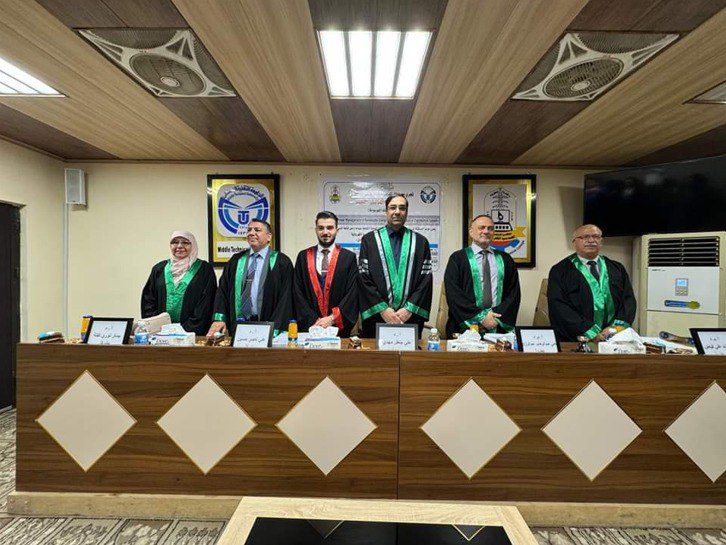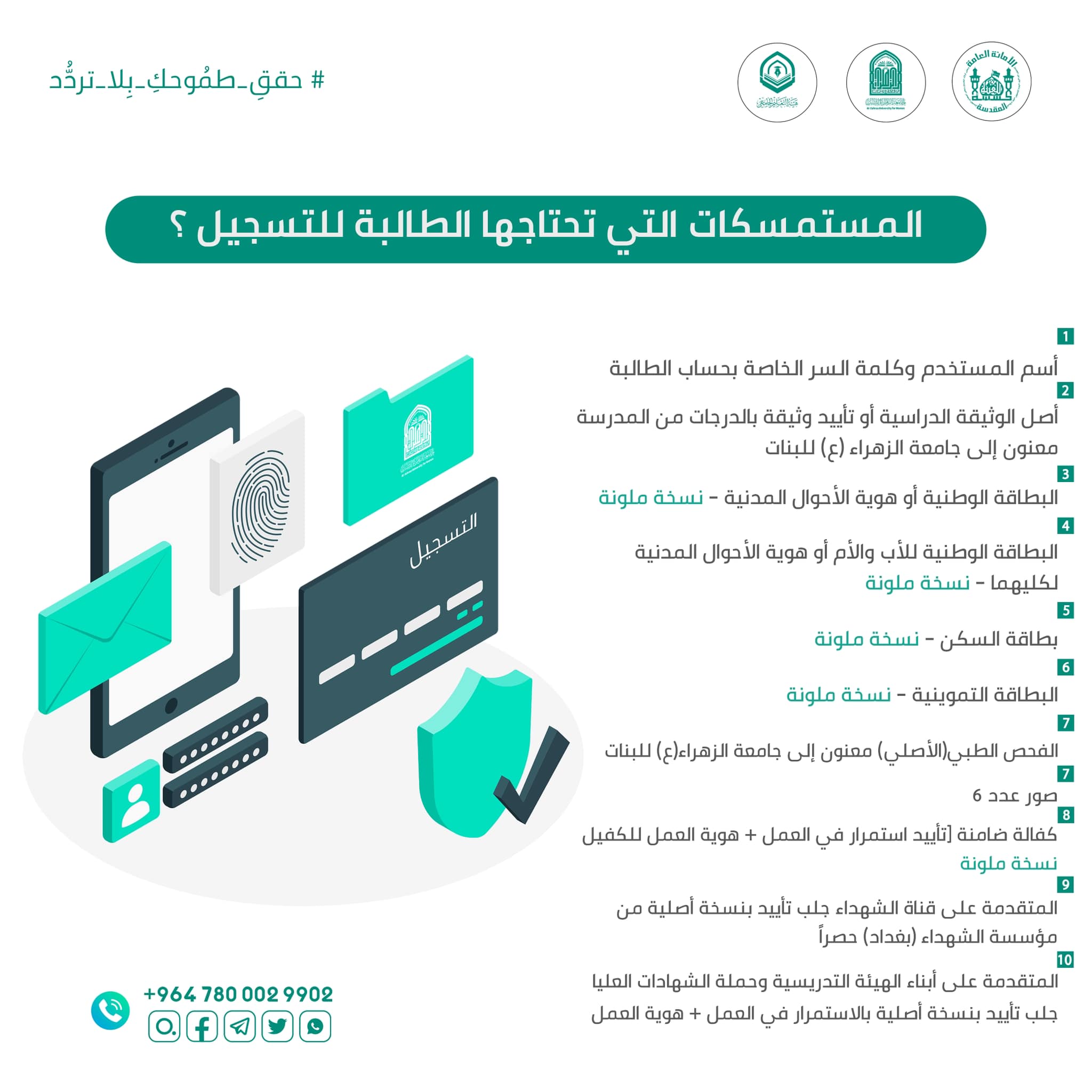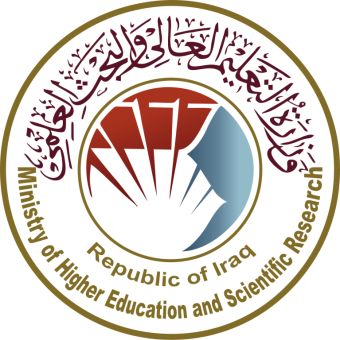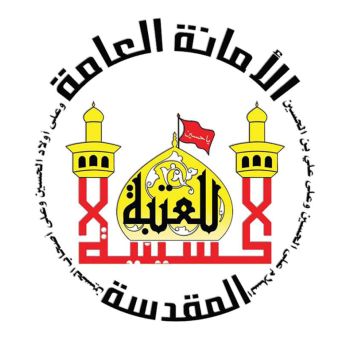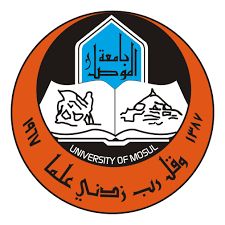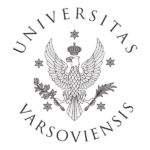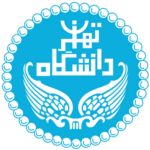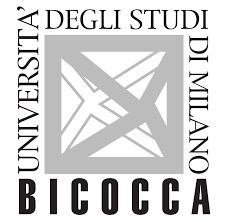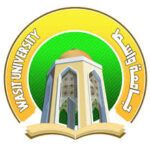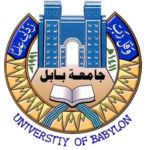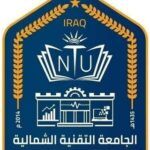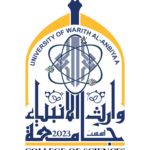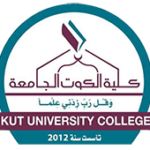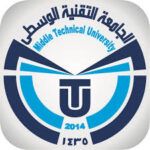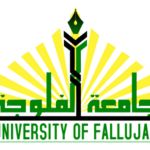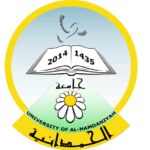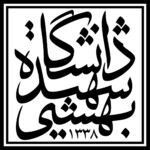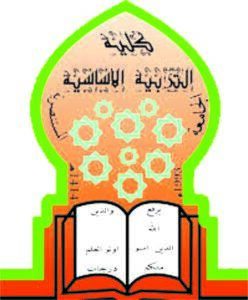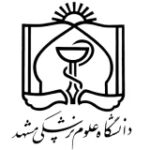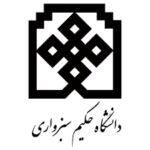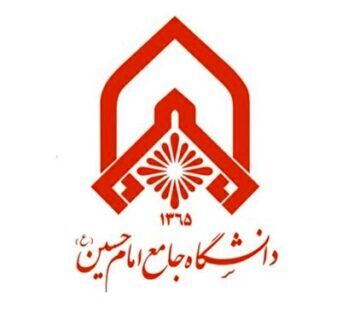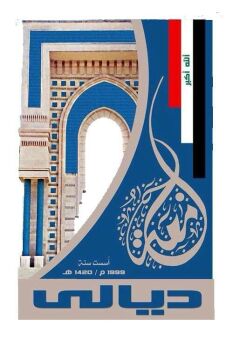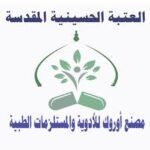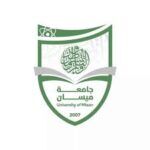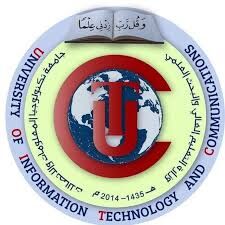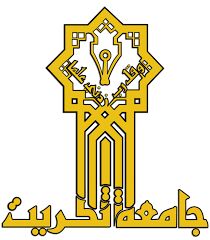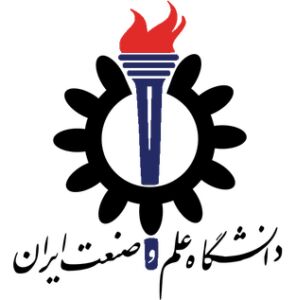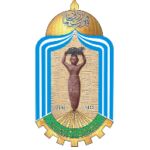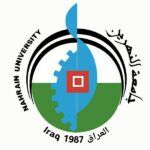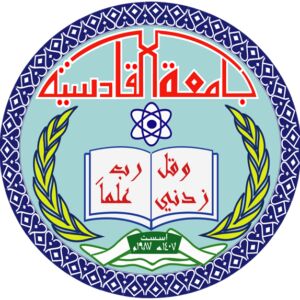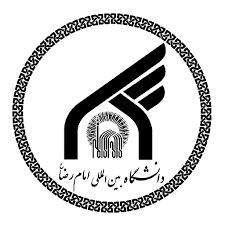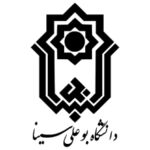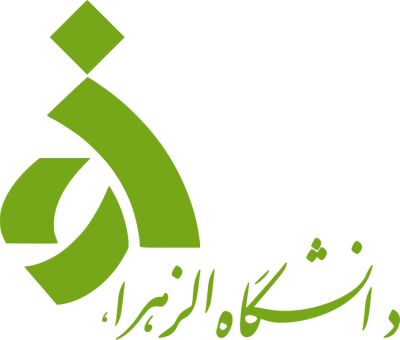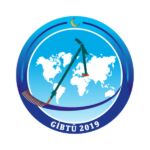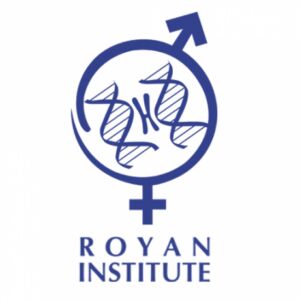The Conference on “Al-Arbaeen and Muslims Scientific Empowerment” was inaugurated at Sayyid al-Awsiyā’ Hall within Imam Hussein Holy Shrine. The said event was under the auspices of the General Secretariat of Imam Hussein Holy Shrine and the Ministry of Higher Education and Scientific Research, and with the supervision of the Presidents of Al-Zahraa University and Warith Al-Anbiya’ University, and in collaboration with the Iranian Ministry of Science. It brought together a distinguished group of academics and researchers from Iraq, Iran, and several other Muslim countries.
Additionally, the conference commenced with an address by Sheikh Hassan Rashid al-‘Abayji, the Secretary-General of Imam Hussein Holy Shrine, who managed to shed light on how the community’s engagement with Imam Hussein rituals (PBUH) constitutes a stronghold against attempts to weaken religious commitment. He further emphasised that these rituals embody devotion to Ahl Al-Bayt (PBUT) and illustrate how globalisation can embrace shared human values despite cultural diversity.
Prof. Sabah Wajid, President of Karbala University, representing the Minister of Higher Education and Scientific Research, affirmed that Iraq’s firm stance in solidarity with the Palestinian cause, particularly the people of Gaza suffering, stressing the academic institutions’ significance as platforms for defending human values and supporting the oppressed.
In his address, Sheikh Mostafa Rostami, the Supreme Leader’s representative of the Islamic Revolution in Iranian universities, underscored the significance of cooperation between Islamic universities in advancing research and exchanging expertise. He also remarked that Al-Arbaeen Visit Season serves as a platform for unifying academic and cultural perspectives in the service of Muslim societies.
The conference discussed two main topics, during which a distinguished group of researchers and academics presented perspectives and specialised papers across two scholarly sessions. These sessions explored pathways to empowering Muslim communities intellectually and culturally in the face of contemporary challenges, with particular emphasis on the role of religious rituals in fostering intellectual development and enhancing collective consciousness.
The sessions concluded with key recommendations, including the expansion of academic cooperation between Iraqi and Iranian universities, the incorporation of Al-Arbaeen studies into research curricula as a rich source of spiritual and intellectual inspiration, and the call for educational institutions to intensify academic activities that promote the universal human values embodied by this unique global event.
Translated by Zahra’ Ala’, revised by Asst. Lect. Safa’ Al-Sadi

